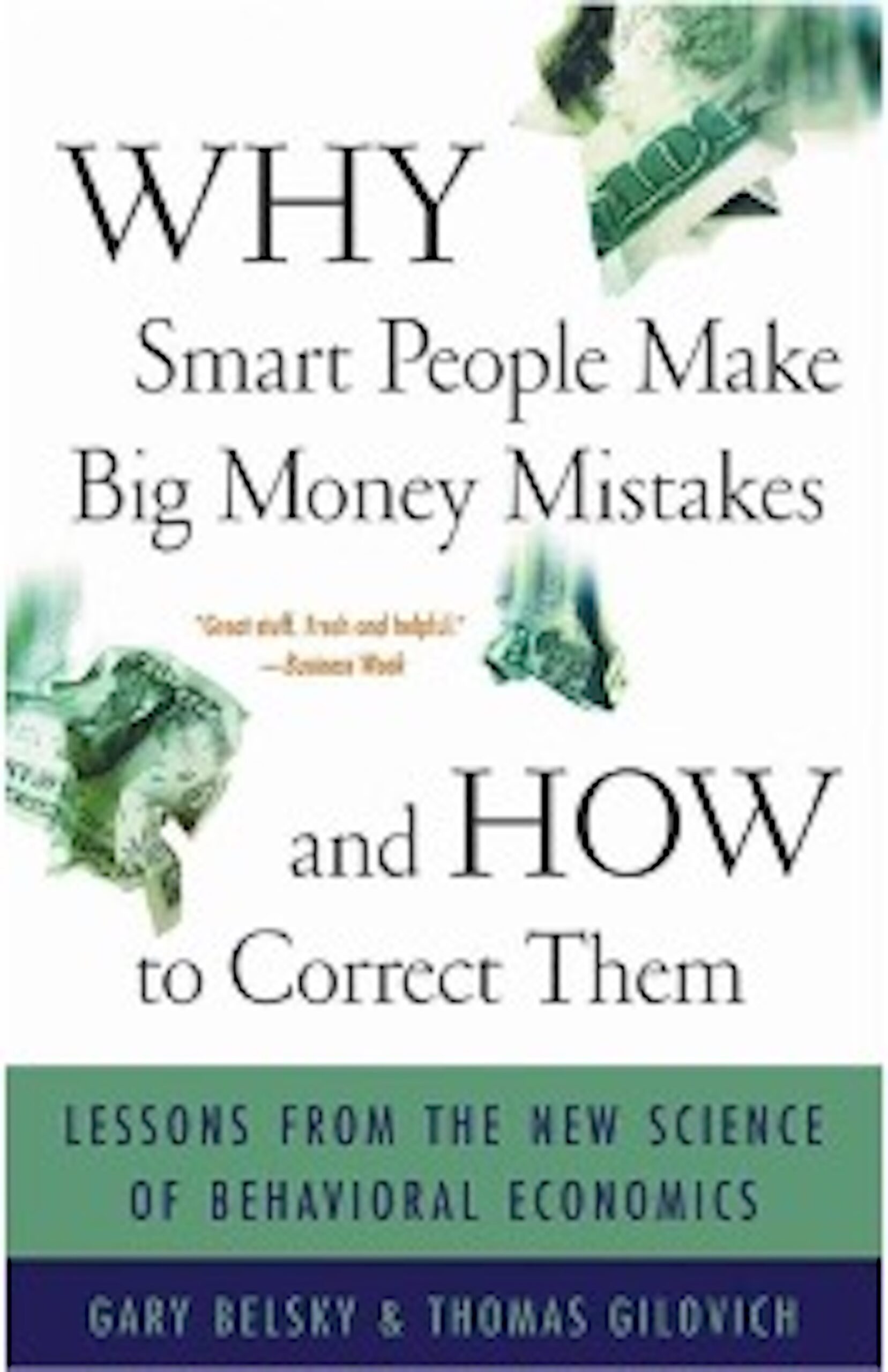8 Ways to Make Impact Investing Simple
Impact investing is an increasingly important part of the global economy, worth an estimated $502 billion worldwide (https://thegiin.org/impact-investing/need-to- know/#how-big-is-the-impact-investing-market).
A subset of socially responsible investment, it’s a stronger form of positive investment.
Socially responsible investment can mean merely excluding the bad, avoiding investment in harmful industries such as arms and fossil fuels.
Impact investing goes further, committing funds only to businesses that will have a positive ethical impact on society and the environment.
Impact investing isn’t just about doing good, it’s also profitable.
According to a 2018 survey (https://www.investopedia.com/terms/i/impact- investing.asp), 90% of impact investors found that their investments met or surpassed financial expectations.
Assessing what will have a positive impact can be complicated, so here are eight tips to help make it easier.
1. Look for SDGs
Set by the UN in 2015, the Sustainable Development Goals (SDGs) are a set of broad objectives designed to bring peace and prosperity, end poverty, and protect the planet.
Because they provide a common focus, they have become the foundation on which much impact investment is built.
Many social enterprises use the SDGs as their compass and a way of plugging into broader goals.
Look for explanations of how they’re contributing to these goals as a good sign for what they’re doing.
And if an investment fund doesn’t factor them into its strategy then it clearly doesn’t understand impact investing, so shouldn’t get your money.
2. Positive Investment, Not Just Exclusions
One simple question separates impact investments from the rest – will this business make a positive contribution?
To be an impact investment, it’s not enough to avoid adding to inequality or environmental harm.
The work has to increase equality, improve lives, or make the environment safer. Look to invest in companies with a clear, provable impact.
3. Find Ethical Innovators
Like any sector, impact investing benefits when innovation is encouraged.
Look for companies that bring something new, whether it’s in technology, policies, or working practices.
A lot of this involves applying developments in computing and communications to impactful businesses, so that cutting-edge technology is used for the benefit of all, not just the rich and powerful.
Use your money to encourage innovative companies that work ethically.
4. Diversity and Inclusivity Standards
A large part of impact investment is targeted towards making a more equal and inclusive world.
As a result, this is one of the simplest filters to refine your search for impact investments.
Look for companies that have strong diversity and inclusivity standards, and which reflect these in practice.
If the company claims to believe in diversity but pictures of senior management show only middle-aged white men, that shows you at a glance the limits of its commitment.
Invest in companies that are pro-active in their approach to diversity and inclusivity, featuring them in their working practices, web presence, and recruitment.
5. Explore Green Energy
If the wealth of possibilities for impact investing seems too much then you can make your life simpler by focusing on one or two sectors.
The most obvious and perhaps most important is renewable energy. Global warming is the biggest environmental challenge facing humanity.
It’s not just harming wildlife and natural habitats.
It’s creating water shortages, famines, and the instability that comes from desperate people trying to survive.
To keep temperature rises down will take huge investment in renewable energy over the coming years, so if you’re going to impact invest in one sector, invest in renewable energy.
6. Reuse and Recycling
Resource use is another important area.
To live sustainably we need to create a more circular economy, in which resources are repaired, reused, and recycled, rather than thrown away.
This reduces our drain on the planet’s resources as well as the amount of rubbish littering both land and oceans.
Only 9% of material is currently recycled or reused, but much more can be done, and big steps are being made to do it.
Investment in reuse and recycling is another easy way to target your money onto something positive.
It’s also easy to judge companies in this sector, as they should be able to provide data on the proportions and volumes of material they recycle.
7. Actively Engage with Companies
To encourage beneficial companies and keep them on track, show some active engagement.
When they send out surveys or request customer feedback, spend a few minutes to respond.
If they do something you approve or disapprove of, send a quick email to let them know.
By doing it for your few biggest investments, you can give those companies useful information and guidance to keep them moving in the right direction and help beat their unsustainable competitors.
8. Look for Impact Funds
If you want to keep things really simple, look for impact investing funds to put your money into.
Those with the best impact generally come from banks and investment institutions built towards an ethical purpose, as they have the greatest expertise in this area and the biggest interest in doing the job right.
Their knowledge and experience can save you from hours of research and analysis, making impact investment truly simple.
Paul Connolly
Paul Connolly has been a journalist for more than 20 years, as a reporter and editor for Argus Media, Reuters, The Times, Associated Newspapers and The Guardian. He has covered Islamic Finance for Reuters in the 1990s. Paul has since helped launch three newspapers, as well as reported from Tokyo, Los Angeles and Stockholm.





